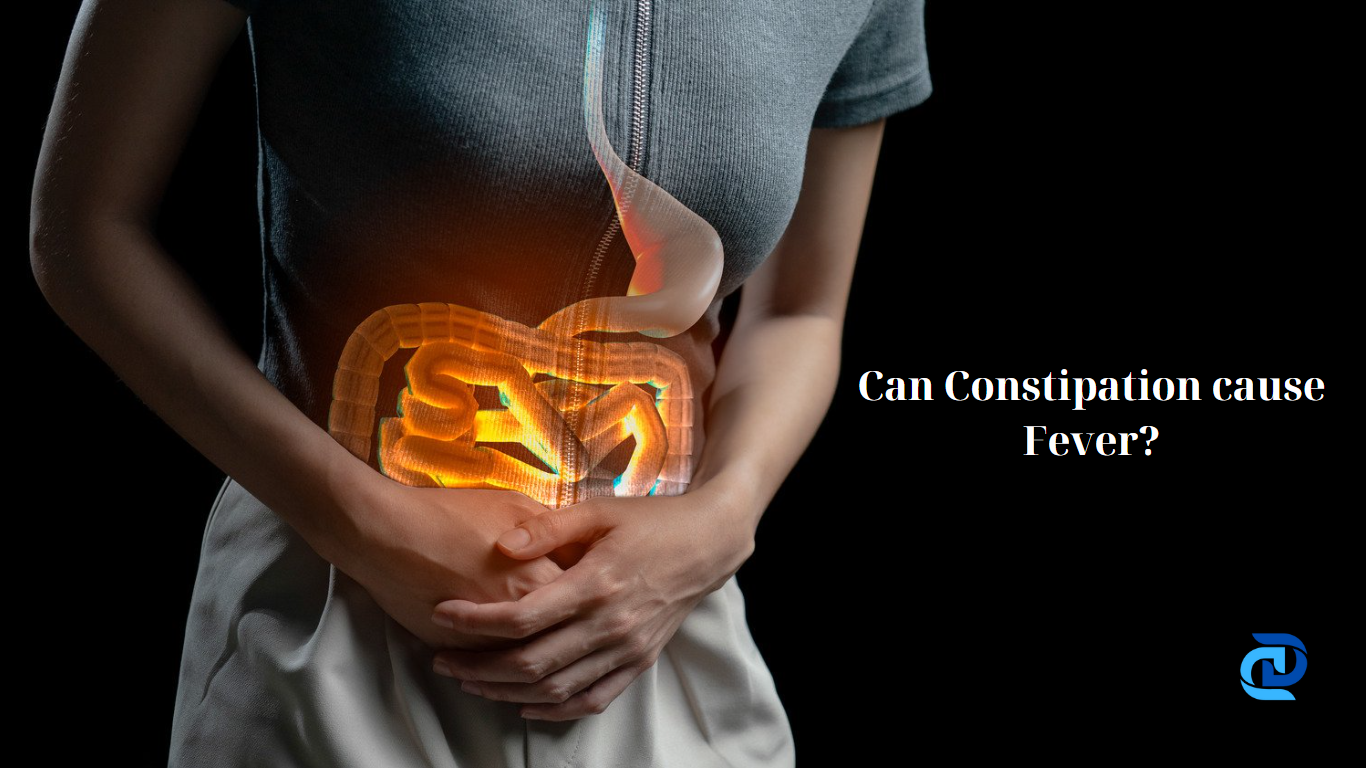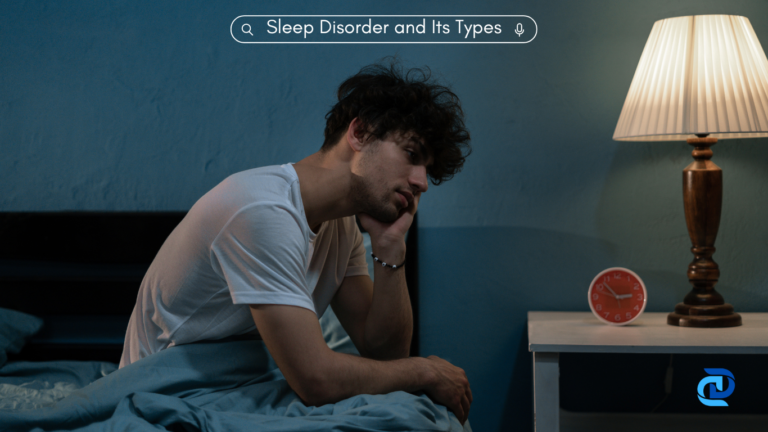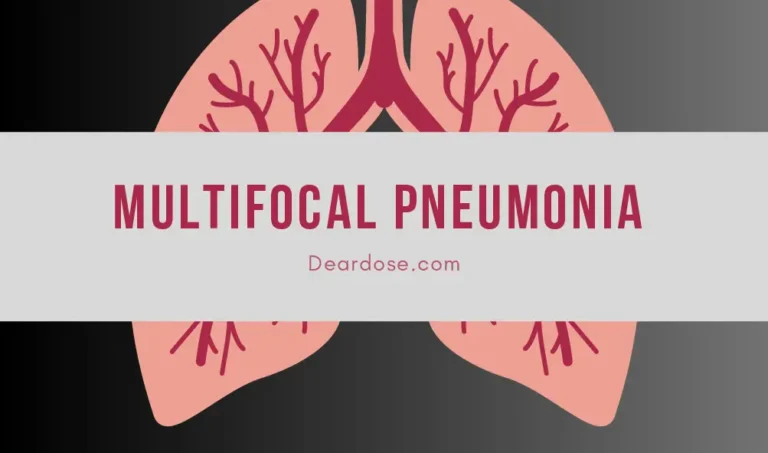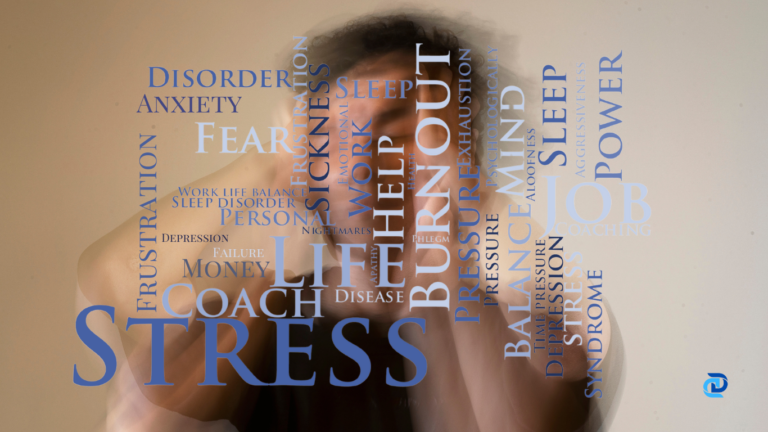Can Constipation Cause Fever

Can Constipation cause fever in adults and infants? Find out the symptoms and causes of constipation.
Constipation can cause fever in adults and toddlers if there is a infection in the body. It doesn’t directly cause a fever. The fever could be a sign of an infection or illness like Crohn’s disease or diverticulitis. Just as well, constipation usually doesn’t trigger body aches and chills which are symptoms of an infection.
What is Constipation
Constipation is a condition that makes it difficult for one to pass stool. Constipation may be defined as having bowel movements less than three times a week or having painful bowel movements. Primary constipation consists of three pathophysiologic subtypes:
- Slow Transit Constipation is a condition that is marked by slow movement of faeces through the colon.
- Dyssynergic Defecation is defined as the difficulty or inability to expel fecal matter from the rectum.
- Irritable bowel syndrome, constipation-predominant, is a disorder that is defined by constipation with discomfort or pain being pronounced.
Secondary constipation can be attributed to various factors such as dietary, pharmacological, behavioral, lifestyle, hormonal, metabolic, neuropathic, psychiatric and other illnesses.
Can Constipation cause Fever
Constipation in toddlers and infants does not directly causes a fever. A fever, in this age group might indicate an infection.
- Infections: Having infection in the body might causes symptoms like nausea, fever, vomiting and fluctuations in the bowel movements.
- Appendicitis: The key sign of appendicitis is pain initiating around the belly button and moving down to the side of the abdomen. It may also lead to symptoms like fever, nausea, loss of an appetite, swelling in the abdomen and issues with bowel movements like constipation.
- Diverticulitis: When pouches progress in the colon wall and get inflamed it can lead to diverticulitis. This condition can result in both constipation and a fever occurring simultaneously.
- Inflammatory bowel disease (IBD): Conditions like Crohns disease fall under IBDs. These are disorders where the immune system falsely attacks the tract. Symptoms may include fever, constipation, rectal bleeding, abdominal pain and diarrhea.
- Medications: Certain drugs may have effects that include both constipation and an increase, in body temperature.
Causes and Symptoms of Constipation
Lifestyle Factors:
- Low Fiber Diet causes the development of hard and dry fecal matter and as such, an individual experiences lots of strain when defecating.
- Dehydration: The amount of water that is absorbed in colon is excessive hence the formation of hard stools.
- Lack of exercise reduces digestive movement of food in the bowls hence leading to constipation.
- Changes in routine, traveling, eating at strange hours or not getting enough amount of sleep may also cause constipation.
- If one tries to hold back the bowel movement, constipation is what is experienced.
Medical Causes:
- Intestinal viral infections also known as viral gastroenteritis can briefly paralyze the stomach (gastroparesis) and causes vomiting and constipation.
- Anismus (Pelvic Floor Dysfunction): Muscles which are surrounding the anus do not have the ability to relax themselves during defecation. This results in constipation.
- High levels of stress and anxiety can negatively affect digestion by prolonging the digestion process.
- Depression reduces the level of energy and the number of activities. This leads to constipation since the bowel movement rate is reduced.
- Medication Side Effects: Some of the antidepressants and other drugs such as antibiotics can lead to the problem of constipation.
- Pregnancy is likely to cause constipation as a result of hormonal fluctuation as well as pressure exerted on the intestinal walls.

Symptoms
- Straining while ensuring feces are passed through anus with a lot of ease.
- Abdominal Bloating and pain
- The feeling that the bowels have not been adequately emptied after the bowels have been expelled.
- The feeling that there is an obstacle in the rectum or anus and passing stools has become painful and is difficult.
- Using fingers to help in bowel movements.
- Inflamed Colon
- Irregular Stools
- Bleeding from the rectum
- Presence of mucus in stool
- Involuntary weight loss
- Lower back pain
- Vomiting or nausea
Treatment of Constipation
- More physical activity.
- Diets with high fiber.
- Drinking enough liquids.
- Techniques for managing the bowel like sitting straight with a support and using a footstool.
- Laxatives that softens stool.
- Drugs that improve intestinal movement.
Conclusion
It’s important to note that constipation itself doesn’t directly lead to a fever. A fever could be a sign of an infection or illness such, as appendicitis Crohns disease or diverticulitis. Once constipation is diagnosed, treatment of it should take place before it reaches the point of getting severe. One who is not with constipation should be on fiber diet, be physically active, exercise regularly and keep their mental health check then the person would be able to avoid not only the constipation but other complex diseases too.





